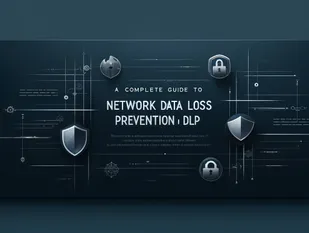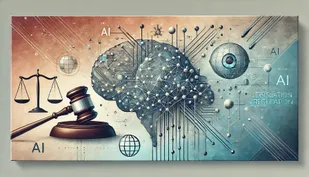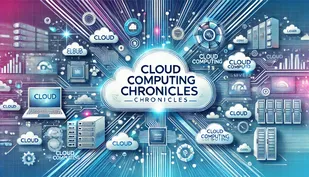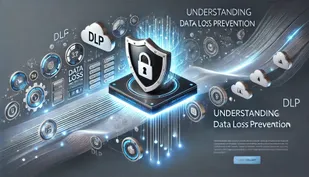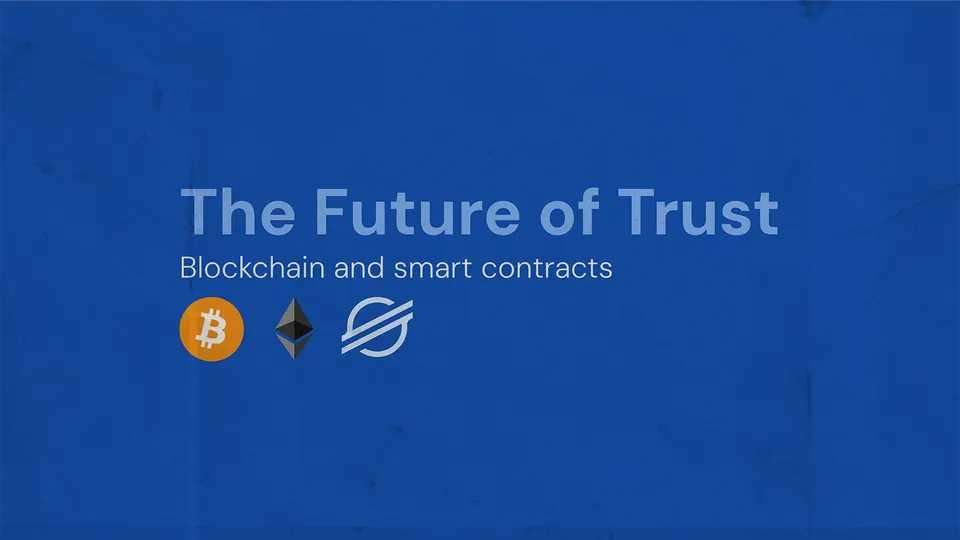
In the rapidly evolving digital landscape, trust has become a fundamental currency. The advent of blockchain technology and smart contracts is redefining how trust is established, maintained, and executed across various industries. This blog delves into the unique features and revolutionary potential of blockchain and smart contracts, offering insights and a code snippet to illustrate their application.
Understanding Blockchain
At its core, blockchain is a decentralized, distributed ledger technology that records transactions across multiple computers. This ensures data immutability, transparency, and security. Each block in the chain contains a list of transactions, and once a block is added to the chain, it is unalterable.
Key Features of Blockchain:
- Decentralization: Unlike traditional centralized systems controlled by a single entity, blockchain operates on a decentralized network of nodes, enhancing security and trust.
- Transparency: Every transaction is recorded on a public ledger accessible to all participants, ensuring transparency and accountability.
- Security: Cryptographic algorithms ensure that data stored on the blockchain is secure and tamper-proof.
- Immutability: Once data is added to the blockchain, it cannot be altered or deleted, ensuring the integrity of information.
Unveiling Smart Contracts
Smart contracts are self-executing contracts with the terms of the agreement directly written into code. These contracts automatically enforce and execute the terms of the agreement when predefined conditions are met. Running on blockchain technology, smart contracts offer security, transparency, and immutability.
Key Features of Smart Contracts:
- Automation: Smart contracts automatically execute transactions when predefined conditions are met, eliminating the need for intermediaries.
- Trustless: Parties involved in a smart contract do not need to trust each other; they only need to trust the code.
- Efficiency: By automating processes, smart contracts reduce the time and cost associated with traditional contract execution.
- Accuracy: Smart contracts execute precisely as coded, reducing the risk of manual errors.
Real-World Applications
Finance
Blockchain and smart contracts are revolutionizing the financial industry by enabling faster, more secure, and cost-effective transactions. They facilitate peer-to-peer lending, automated compliance, and transparent auditing processes.
Supply Chain Management
In supply chain management, blockchain ensures the traceability and authenticity of products. Smart contracts automate and streamline procurement, shipping, and payments, reducing delays and fraud.
Healthcare
Blockchain and smart contracts enhance data security and interoperability in healthcare. Patient records can be securely shared among authorized parties, ensuring privacy and improving patient outcomes.
Real Estate
Smart contracts simplify real estate transactions by automating processes such as property transfers, rental agreements, and escrow services. This reduces the need for intermediaries and accelerates the transaction process.
Legal Industry
The legal industry benefits from smart contracts by automating the execution of legal agreements, reducing the risk of disputes and ensuring compliance with contract terms.
Code Snippet: A Simple Smart Contract in Solidity
pragma solidity ^0.8.0;
contract SimpleSmartContract {
address public owner;
uint public balance;
constructor() {
owner = msg.sender;
}
function deposit() public payable {
require(msg.value > 0, "Deposit amount must be greater than zero");
balance += msg.value;
}
function withdraw(uint amount) public {
require(msg.sender == owner, "Only the owner can withdraw funds");
require(amount <= balance, "Insufficient balance");
payable(owner).transfer(amount);
balance -= amount;
}
}This simple smart contract allows the owner to deposit and withdraw funds. The contract ensures that only the owner can withdraw funds, maintaining security and trust.
Challenges and Future Prospects
Scalability
One of the primary challenges facing blockchain technology is scalability. As the number of transactions increases, so does the need for processing power and storage. However, ongoing research and development are addressing these issues with solutions like sharding and layer 2 protocols.
Regulation
The regulatory landscape for blockchain and smart contracts is still evolving. Governments and regulatory bodies are working to establish frameworks that ensure security and compliance without stifling innovation.
Integration
Integrating blockchain and smart contracts with existing systems can be challenging. Organizations need to invest in education and infrastructure to fully harness the potential of these technologies.
Conclusion
Blockchain and smart contracts are revolutionizing the way we establish trust and execute transactions in the digital age. By providing a secure, transparent, and efficient framework, these technologies have the potential to transform various industries, from finance to healthcare. As we continue to address challenges and explore new applications, the future of trust is undoubtedly intertwined with the evolution of blockchain and smart contracts.
Embrace the future of trust. Explore how blockchain and smart contracts can transform your industry today.



